Oh that’s NASty, the inevitable GreatDrams piece on the NAS whisky debate
let’s begin
Long has the NAS whisky debate raged on in the whisky world, everyone has an opinion, and lots of people seem to pounce on whatever is written so, after talking about it for months, I am finally putting fingers to keys and putting my position out there.
For those unaware, the NAS whisky debate centres around the increasing presence of Non-Age Statement whisky, acronyms to NAS.
There’s a large of part of the whisky world that believes the best whisky has a number of it, whereas there’s a growing rationale that says age is just a number and that a whisky should be judged on taste rather than age.
I’m in the camp of the latter.
I believe that, whilst clearly I would never say no to a 30 Year Old The Macallan or 50 Year Old Glen Grant or 40 Year Old Highland Park, I do appreciate that the number can be a real red herring, especially as I spend a lot of my time building brand strategies, responding to how people shop and changing behaviours.
Let’s think about the consumer for a minute.
The vast majority of consumers / shoppers do not think like whisky connoisseurs, geeks, writers, collectors, hoarders, distillers, blenders, marketers etc..
They shop the category often unaware of the difference between an NAS whisky and a 10 Year Old, have a perception that a 12 Year Old is better than a 10 Year Old just because it is two years older and have never tried a 50 Year Old and been genuinely gutted by the resulting liquid that has taken a half century to mature.
They have ben trained by the Scotch single malt category over the years to trade up through numbers where I work with brands to craft stories built on honest brand truths that genuinely resonate with those likely to be shopping the whisky aisle at some point.
Whilst putting this piece together, I spoke to a number of retailers with one prominent duty free retail manager commenting:
“Shoppers tend to look for age statements above anything else as a mark of quality, and as such those whiskies without age statements are missing out massively, in my opinion”
Whilst there is some truth in this, The Macallan for example lost about 30% short term sales at duty free when they took age statements off their bottles and pushed the 1824 series but that has more than bounced back and ended up returning superb growth.
Ardbeg, one of my favourite whisky ranges and brands have only one permanent product in their main range that sports an age statement… and it is a ten year old. Their other hugely successful products carry no such statement of age and still do bloody well.
It pains me that shoppers enter the single malt category, often through the Glenfiddich 12 that is in pubs and bars across the UK (let alone the world) and assume that’s the base. They buy into the 12 year old and trade up or sideways from there.
My view is simple: NAS whisky provides producers a chance to continue its phenomenal global growth.
With age-communicated whiskies you have a bottle that contains a plethora of casks, the youngest of which being aged the time denoted on the bottle, right? With NAS whiskies you have something different.
You have the ability for Master Blenders and Master Distillers to experiment, to play, to create, to ask ‘what if’, to craft something truly special and to define their time at the helm.
It has been driven by the surge in the global whisky demand depleting aged stock as, simply, distillers and brands 20 or 30 years ago did not think the market would boom like it has, and why would they unless they had a crystal ball but even then Mystic Meg would likely not have put a tenner on it.
As such they did not lay down the volume of stock that would respond to a sudden and sustained spoke in global demand.
So now distillers and blenders are a lot freer to craft these unique liquids as I mentioned and, in my humble opinion, that can only be a good thing for the market and consumer as we see new expressions and experiments coming to fruition from cask finishes to more diverse strains of barley to peat levels to all manner of different variables that are now showing up in bottles of our favourite liquor.
To summarise; I think NAS whisky is a great thing and can only benefit our long term enjoyment and exploration of this great spirit.
What are your views on NAS and the future of whisky?
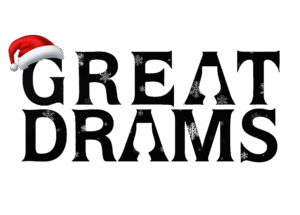


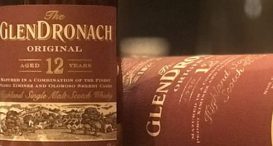

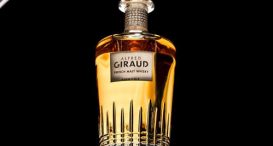
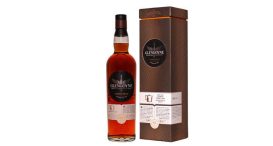
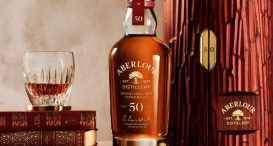
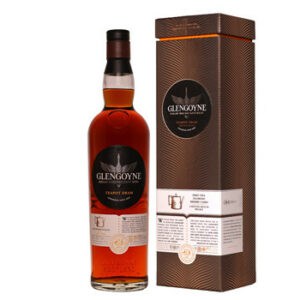
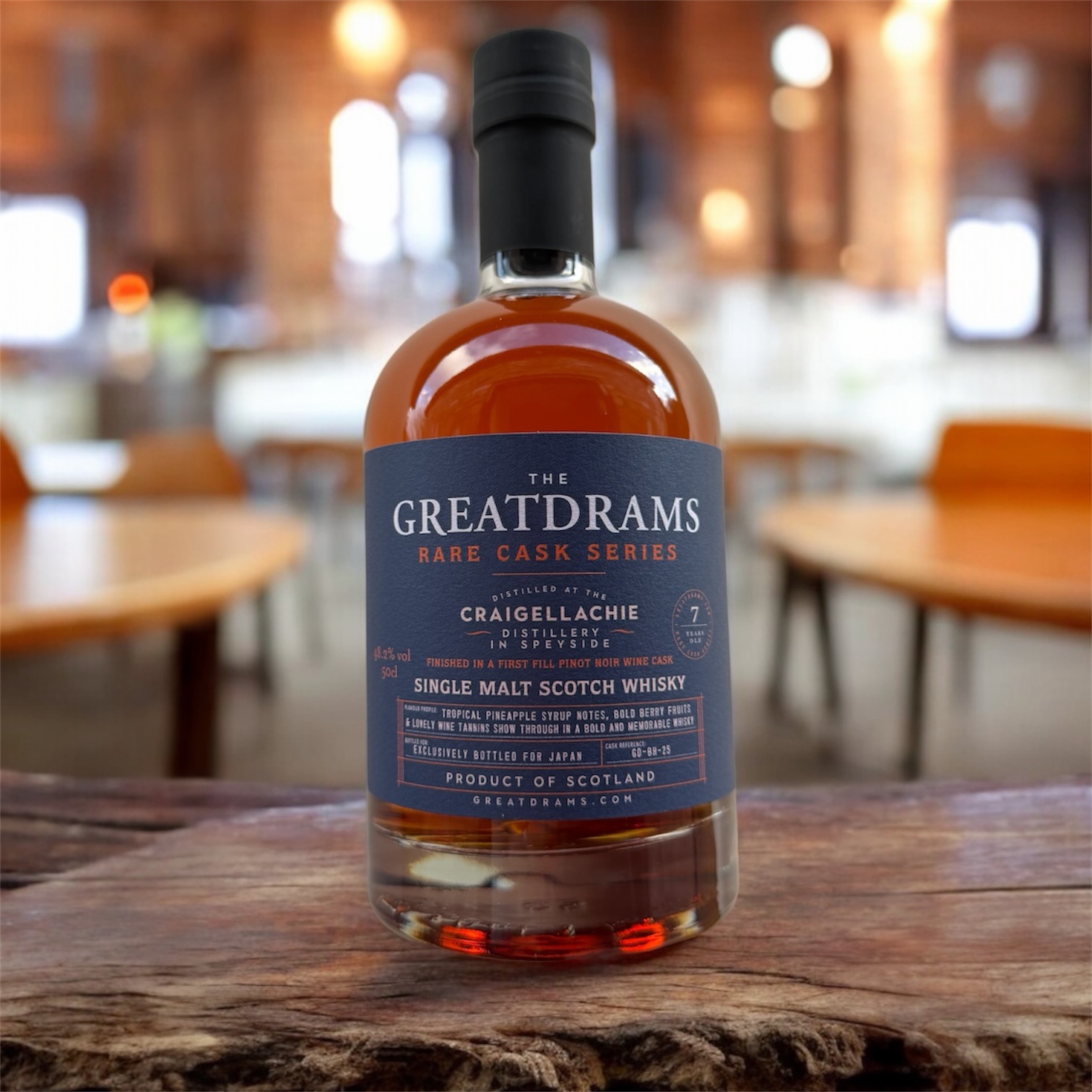
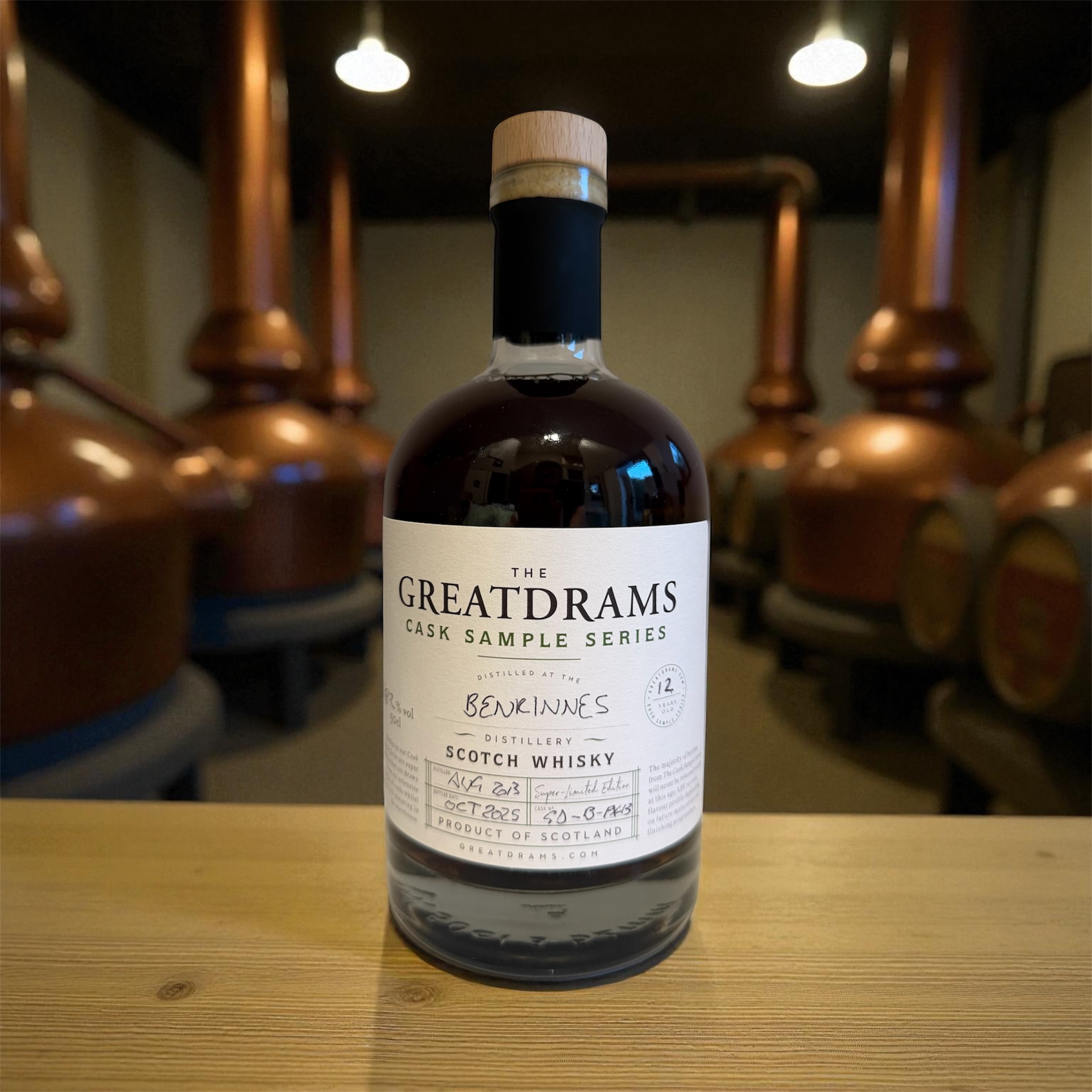
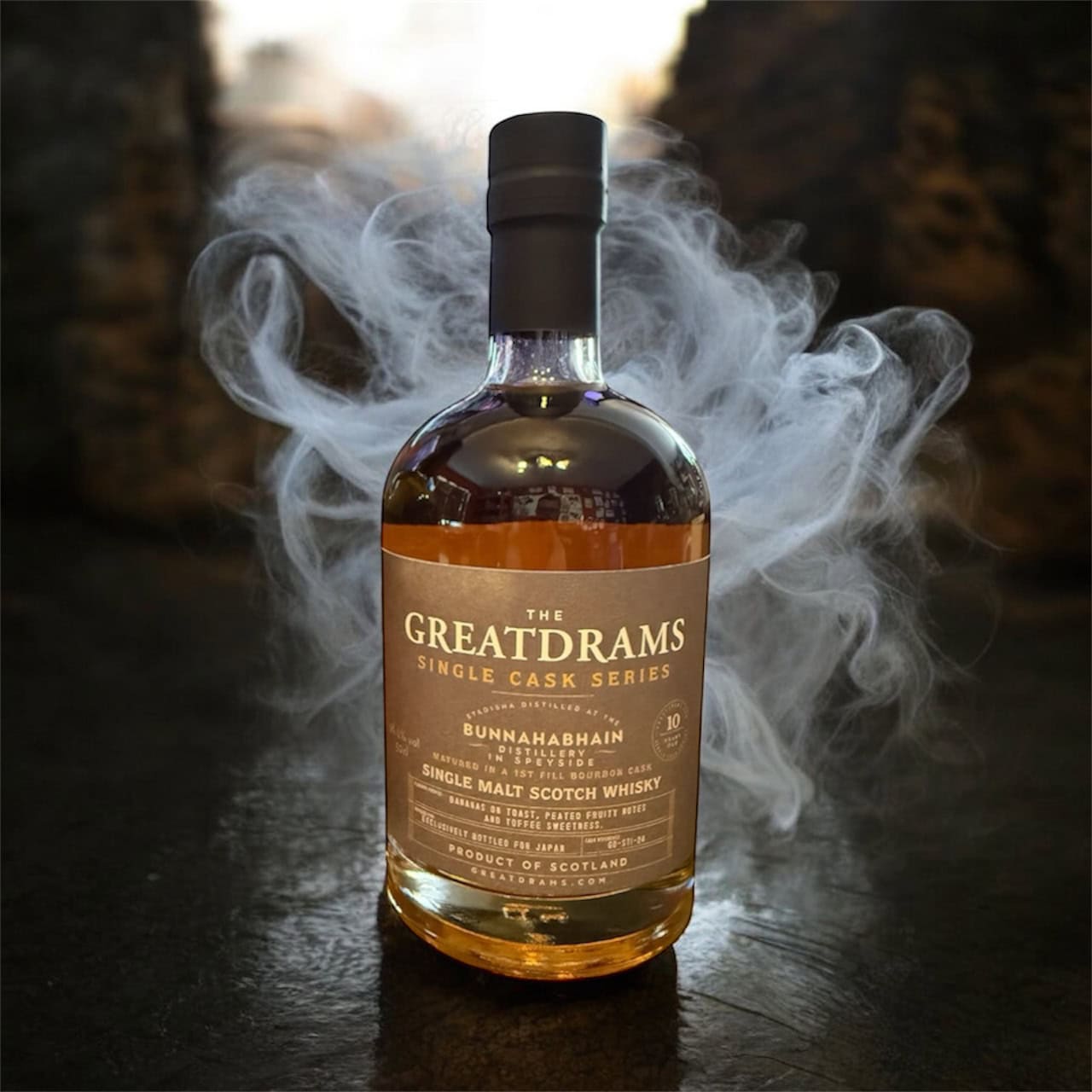
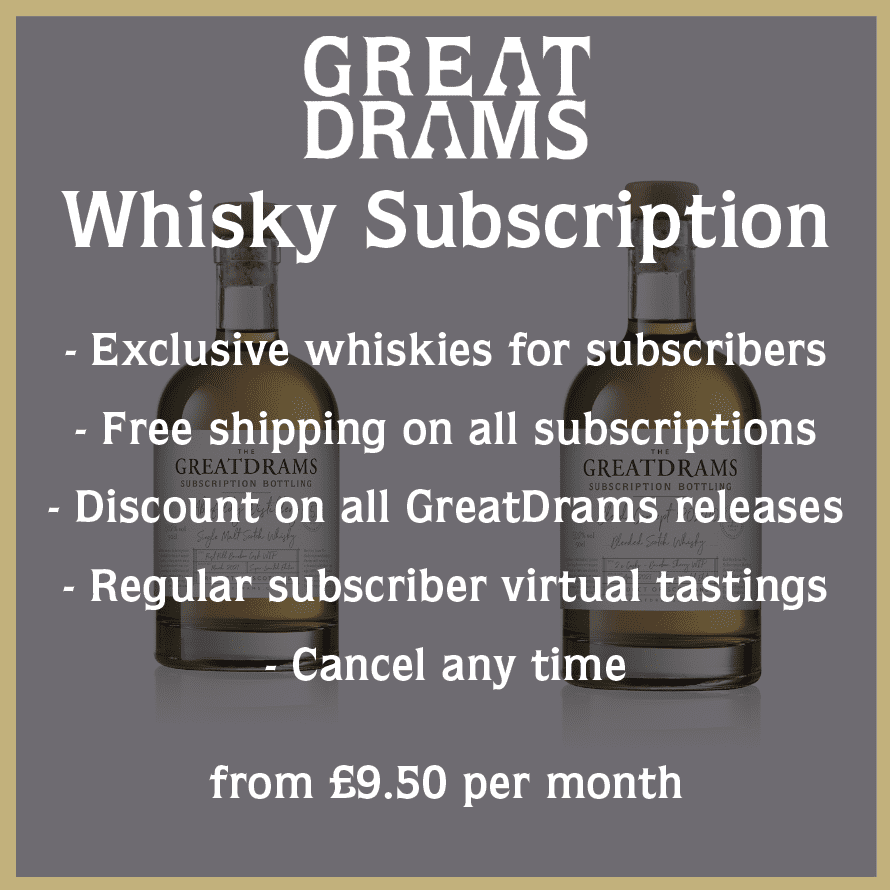
4 thoughts on “Oh that’s NASty, the inevitable GreatDrams piece on the NAS whisky debate”
As a designer i’m entirely fascinated by the trend of NAS, It gives massive scope for creativity in not just packaging and advertising but also the creation of new expressions of brands. Its another level of appreciation for whisky other than those that judge the drink on its age statement. Talisker storm is my favorite example one of the best drams i’ve had in recent memory or the Quarter Cask Laphroaig which i rate just as highly as the 10.
I agree with you in most of what you say. What worries me is the cost of some of these NAS whiskies. How can producers charge as much as, or more than, the cost of age-statement whiskies when only a fraction of the time is involved? (And I don’t think the extra effort involved in multiple cask finishes makes up that difference). Thin edge of the wedge unfortunately, which many companies will exploit. It’s really the only catch, but one which will potentially leave the marketers laughing all the way to the bank.
The quality of NAS-labeled products – and it’s not a process of any type, particularly multi-vintaging, which has been around for a long time, so forget about the “newfound benefits of creativity/flexibility” argument – or its roots in supply necessity (such as they can or can’t be proven), aren’t really the issue: NAS can’t be good for whisky because it’s essentially lying about the nature OF whisky. The central issue is one of internal logic: does it actually make SENSE that the importance of age is determined only by a label, even if the industry’s economic reasons for trying to say so are clear? The industry continues to age whisky for decades, losing gallons in Angel’s Share in the process, and tracking the process by cask age the entire way, so where is the argument that anyone ACTUALLY believes that “age is irrelevant” or that age is isn’t important to whisky character, regardless of what anyone prefers in terms of young vs. older profiles? The idea that ANY production information is “irrelevant” just because elements of the industry don’t want to discuss it – but only part of the time – for purposes of sales/marketing is, on its face, clearly intellectually dishonest and illogical. If quality were “high enough”, would that somehow “justify” taking away ABV and filtration information as well as age on the basis that “you only need to know if it’s good”, and that these elements don’t have any part to play in the character of the whisky you’re buying?